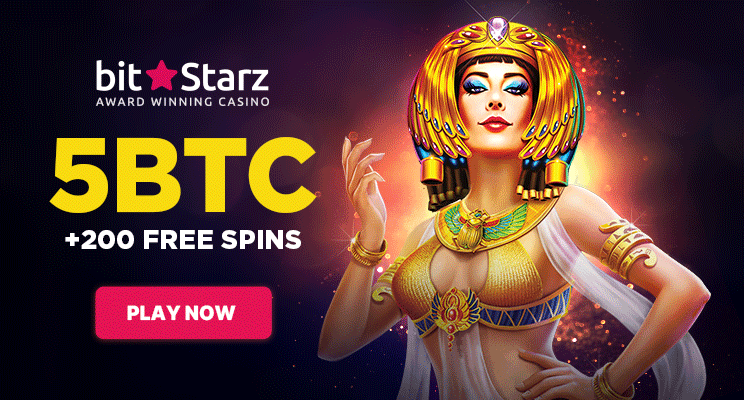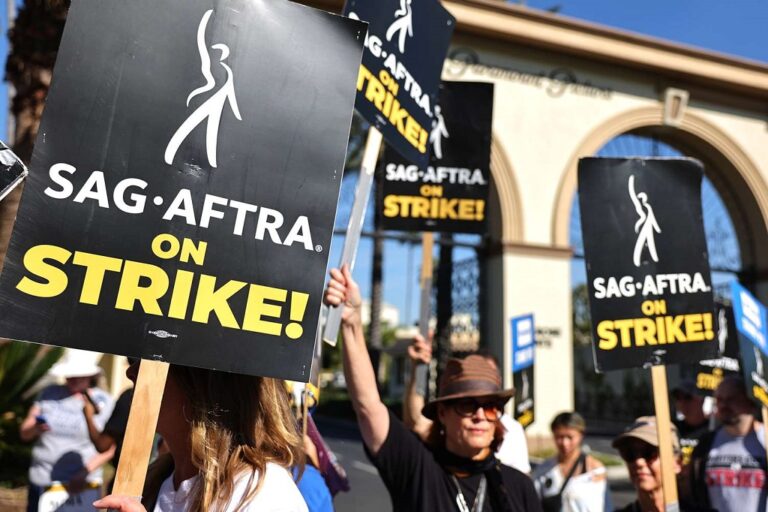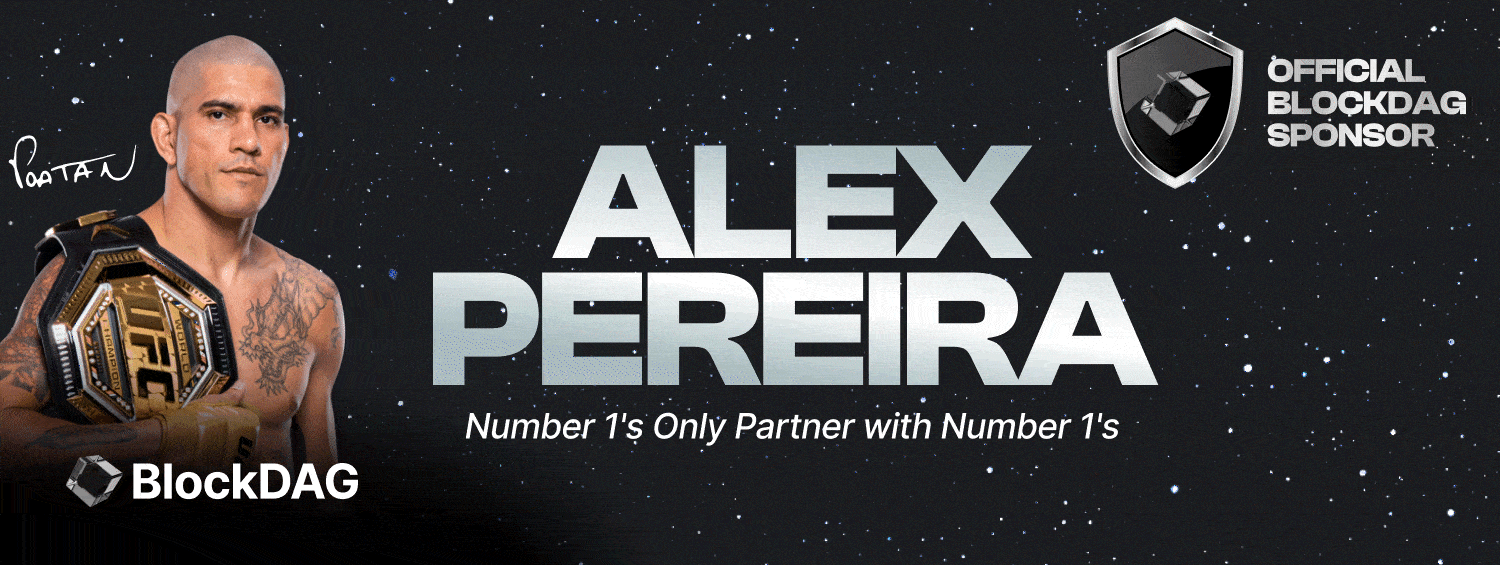
Hollywood video game performers have voted to go on strike beginning Friday, citing concerns over artificial intelligence protections in a proposed new contract.
The future of generative AI — and how it can be used to replace labor — was a crucial sticking point for actors and writers during last year’s Hollywood strikes. While the actors and writers unions came to deals with studios in the fall, negotiations between video game actors and major game developers have gone on more than a year and a half, according to their union, the Screen Actors Guild-American Federation of Television and Radio Artists, or SAG-AFTRA.
The union represents 160,000 actors and is negotiating with a group that represents video game companies including: Activision Productions, Blindlight, Disney Character Voices, Electronic Arts, Productions Inc., Formosa Interactive, Insomniac Games, Take 2 Productions, VoiceWorks Productions and WB Games.
“Although agreements have been reached on many issues important to SAG-AFTRA members, the employers refuse to plainly affirm, in clear and enforceable language, that they will protect all performers covered by this contract in their A.I. language,” SAG-AFTRA said in a news release.
A spokesperson for the video game producers said they are “disappointed the union has chosen to walk away when we are so close to a deal, and we remain prepared to resume negotiations.”
“We have already found common ground on 24 out of 25 proposals, including historic wage increases and additional safety provisions,” the spokesperson said. “Our offer is directly responsive to SAG-AFTRA’s concerns and extends meaningful AI protections that include requiring consent and fair compensation to all performers working under the IMA. These terms are among the strongest in the entertainment industry.”
It is the second time voice actors and performance capture artists will have gone on strike. The group went on an 11-month strike starting in October 2016. The actors’ last interactive contract, which expired in November 2022, did not provide protections around AI.
“Frankly, it’s stunning that these video game studios haven’t learned anything from the lessons of last year — that our members can and will stand up and demand fair and equitable treatment with respect to A.I., and the public supports us in that,” SAG-AFTRA National Executive Director and chief negotiator Duncan Crabtree-Ireland said in a statement.
Actors in the video game sphere often don’t just lend their voices to characters but do full performances in motion capture. Some even lend their likenesses to characters replicated in the digital space.
In September, video game voice actors and motion capture performers overwhelming voted to authorize a strike if negotiations on a new labor contract failed.
In January, SAG-AFTRA announced a deal with Replica Studios, an AI voice technology company, to establish protections around the licensing of digitally replicated voices. But some people on social media appeared wary of the news, responding to SAG-AFTRA’s Instagram post with a mix of confusion and frustration.
On social media, AI voice replication has grown into its own cottage genre of content. Some actors, like Roger Clark, who plays the lead gun-slinging cowboy Arthur Morgan in “Red Dead Redemption 2,” have been vocal about pushing back on fans using AI technology to replicate their voices in memes and other kinds of content.
Union leaders previously told The Associated Press that they aren’t “anti-AI altogether.” But many have remained concerned over the unchecked use of AI, citing fears that game makers will be able to displace actors by training AIs to replicate their voices or creating digital replicas of their likenesses without consent.
In a Zoom meeting after the strike was announced, Ray Rodriguez, chief contracts officer for SAG-AFTRA, described the strike as a “last resort.”
“In this negotiation we have not received everything we received in the replica deal, and if we had, we would not be announcing a strike,” Rodriguez said.
Zeke Alton, a video game performer and a member of the negotiating team, said that “progress has been made” on digital replicas, which is when a performer gives a performance and then the studio uses that input to create a scene the performer wasn’t there to give.
But the Interactive Media Agreement in its current form is dangerously incomplete and leaves loopholes for performers to be exploited, Alton said.
“We’re left with practically no protection for our future,” he said. “It’s gross.”
Union leaders said San Diego ComicCon, which began Thursday, would be exempt from the strike.


























